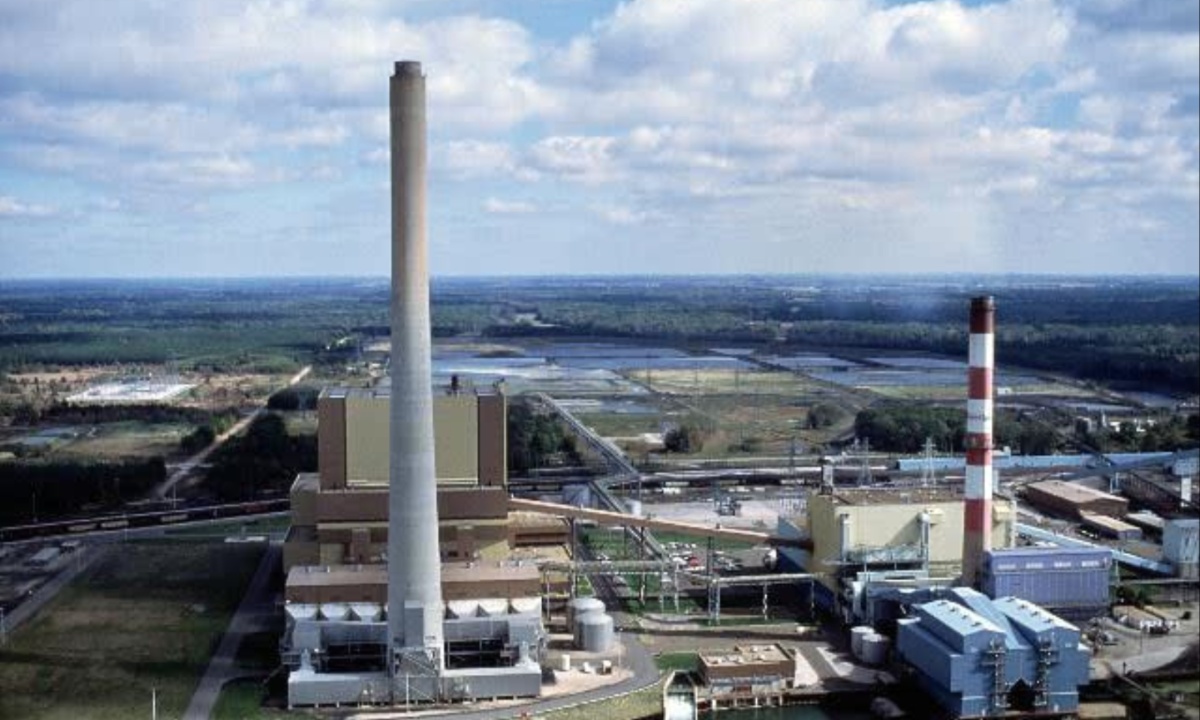In a surprise move, the Trump administration blocked the scheduled closure of Michigan’s 63-year-old J.H. Campbell coal plant, citing concerns over grid reliability due to increased reliance on renewable energy. Energy Secretary Chris Wright issued an emergency order forcing the plant to remain operational for at least three more months. This decision overturned the plans of the plant’s operator, Consumers Energy, and Michigan regulators, who had determined that the plant’s closure would not risk energy shortages.
Michigan officials estimate that keeping the plant open will cost Midwest ratepayers tens of millions of dollars. More significantly, the intervention is seen as a key part of President Trump’s broader strategy to stall the transition to clean energy and reassert fossil fuel dominance. The administration plans to use federal authority to override local decisions and prioritize fossil fuels on the nation’s electric grid.
Regulators were blindsided by the federal order, which they say no local entity requested—not the plant operator, not the state, and not the grid operator. Experts cannot recall a previous instance where the federal government forced a power plant to stay open against the wishes of its stakeholders. Similar actions are already being prepared in other states, including the recent federal order to delay the shutdown of a Philadelphia-area plant.

Experts Dispute Reliability Claims as Aging Coal Plant Threatens Clean Energy Progress
The administration argues that intermittent solar and wind energy threaten grid reliability, especially with the rising electricity demands from technologies like AI. However, energy experts and legal scholars strongly dispute this, citing advancements in battery storage and grid infrastructure that enable stable operation using renewables. Critics argue the move relies on outdated assumptions and undermines efforts to build a modern, cleaner grid.
The J.H. Campbell plant is the largest greenhouse gas emitter in western Michigan, and its closure was part of a broader transition off coal by Consumers Energy. The plant was no longer considered economically viable, with cheaper and cleaner alternatives available. Despite this, the federal order could now extend its life indefinitely through repeated three-month extensions, as permitted by law.
Conservative Blueprint Drives Fossil Fuel Revival, Undermining Renewables and Raising Energy Costs
Trump’s actions reflect elements of the conservative Heritage Foundation’s Project 2025, which calls for using emergency powers to reshape the energy system toward fossil fuels. State-level laws in Nebraska, Utah, Wyoming, and Texas are reinforcing this trend by mandating fossil fuel or “dispatchable” energy replacements and restricting renewable integration strategies like battery storage.
While federal officials cite reliability concerns based on a NERC report, Michigan regulators argue the order won’t improve grid stability but will raise consumer costs. Logistical issues such as expired coal supply contracts and workforce shortages further complicate the plant’s extended operation. Environmental advocates criticize the move as poor policy that reverses progress and forces unnecessary reliance on outdated, polluting infrastructure.
